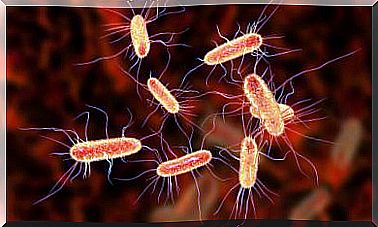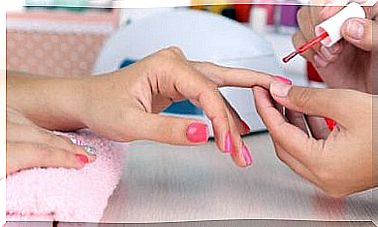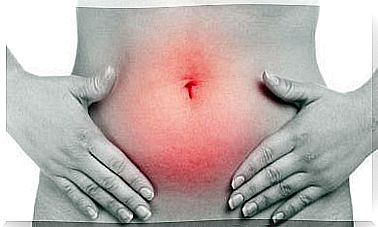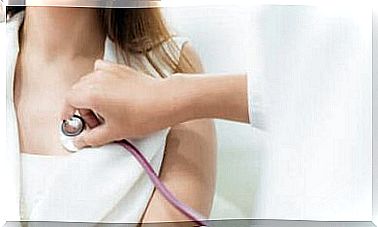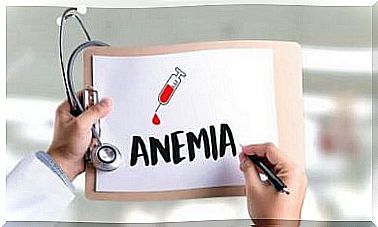Antibiotics: Is It Necessary To Take A Stomach Protector?
Antibiotics cause diarrhea in some people. For this reason, many people believe that it is necessary to take a stomach protector when taking this type of medication. This is actually a myth, as the diarrhea in these cases is not caused by stomach problems.
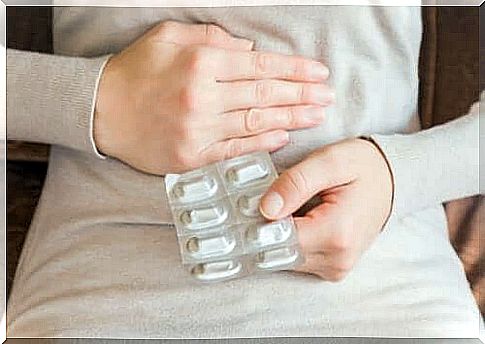
The use of antibiotics raises many doubts. Among them is the idea that it is necessary to take a stomach protector before ingesting any of these drugs. Indeed, it often happens that digestive problems appear after their consumption.
There are also many myths and doubts about what a gastric protector is and what function it performs. Stomach protectors are drugs that are often sold over the counter and that some people take without seeing a doctor about it.
It is neither good nor healthy to take a stomach protector when it is not needed. It is also bad to combine antibiotics with other drugs, based on beliefs that may not be so true. Let’s take a look at all of this in more detail.
Gastric protectors
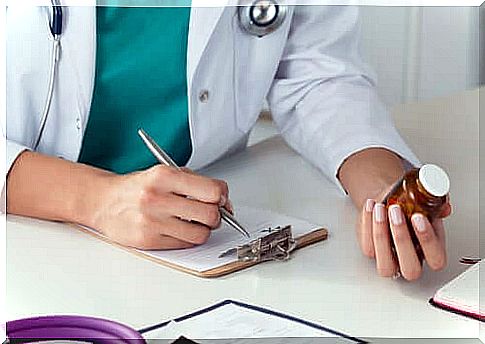
A stomach protector is a medicine used to prevent discomfort caused by stomach acids. There are several types and each has different effects. Their main function is to protect the stomach from the acids of digestion and acid reflux.
It is believed that there are natural protectors for the stomach, such as sodium bicarbonate or fruit salt. This is not true. None of these substances protect against the action of acids, but rather neutralize them during digestion. Therefore, they cannot be considered as gastric protectors.
In the event of stomach problems, only a doctor can determine whether and precisely which gastric protector should be used. Having said that, we return to the original question: is it necessary to take a stomach protector when ingesting antibiotics?
The effect of antibiotics on the stomach
Many people get diarrhea after taking antibiotics. These are usually mild episodes, in which there is simply more frequent bowel movements, with softer stools than normal. Most often, these symptoms appear a week after starting antibiotics.
Most often, this type of diarrhea resolves on its own, without major consequences. It is also true that not all antibiotics are the cause, but mainly cephalosporins and penicillins. People who have had this type of diarrhea before are more likely to have it again when they take antibiotics.
Antibiotics are drugs that are used to attack bacteria that cause damage. However, their action is indiscriminate and therefore they end up attacking bacteria which are also good for the body. This appears to be the cause of post-antibiotic diarrhea.
The microbiota
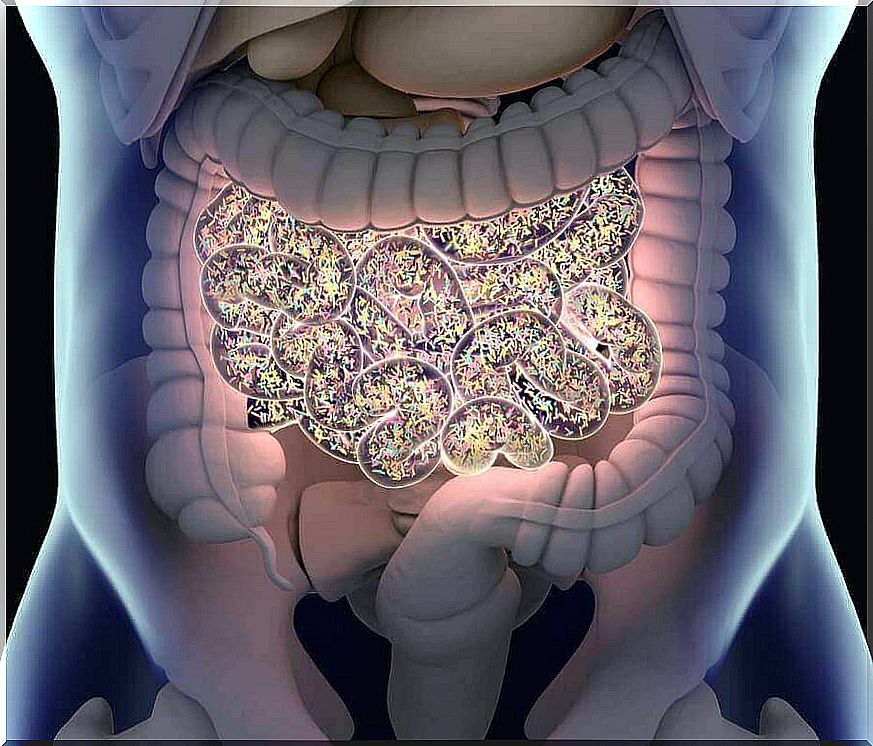
The microbiota, formerly known as the intestinal flora, is directly linked to digestive health and the immune system. It is a fragile ecosystem, which is easily altered by factors such as changes in diet or the use of antibiotics, among others.
Antibiotics destroy pathogenic microorganisms, but also the intestinal flora. By breaking the balance, it is not uncommon for problems such as diarrhea to appear. These are not stomach problems, but intestinal problems. The way to avoid them is to compensate for the situation with a diet that helps regenerate the flora.
Antibiotics rarely cause Clostridium difficile infection. It is a bacteria that grows quickly in the absence of other bacteria that neutralize it. In these cases, the diarrhea is more severe and is accompanied by fever, pain, nausea, and loss of appetite.
Is a stomach protector necessary when taking antibiotics?
For all that has been said so far, when asked if it is necessary to take a stomach protector when taking antibiotics, the answer is a categorical no. Any medicine that is swallowed is broken down with the help of saliva and stomach acids. Antibiotics are no exception.
Under normal conditions, antibiotics do not affect the stomach. There are medicines whose active ingredients are harmful to the gastric mucosa, such as aspirin, ibuprofen or diclofenac.
However, these products only cause harm if taken in high doses for long periods of time. It is the same as eating too much spicy food for a long time.
Antibiotics can cause an imbalance in the microbiota and this is where their potential for digestive damage lies. This can be compensated by increasing the consumption of prebiotics and probiotics in the diet. In this way, the effects of this type of medication on the intestinal flora will be reduced.



